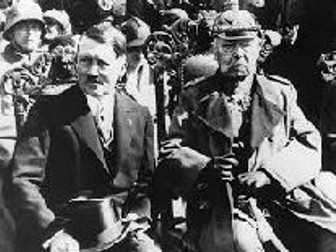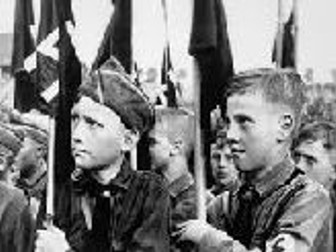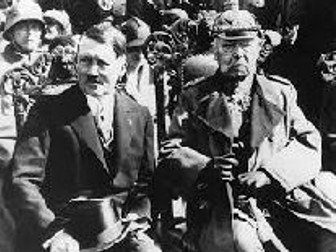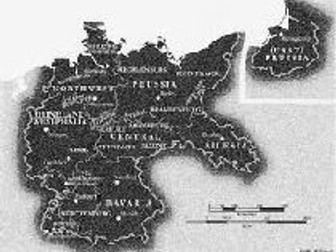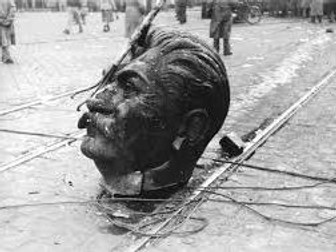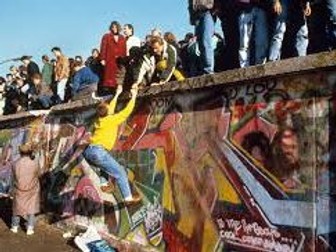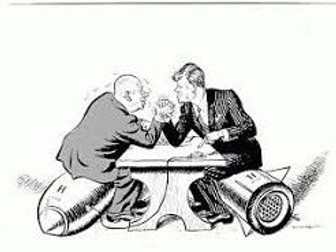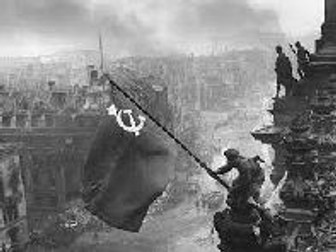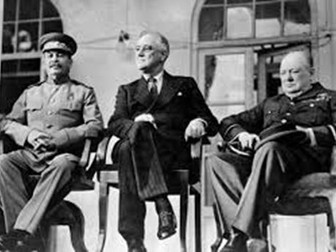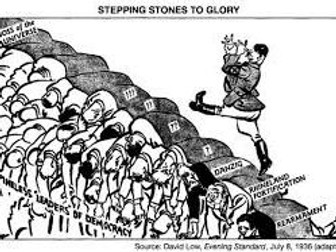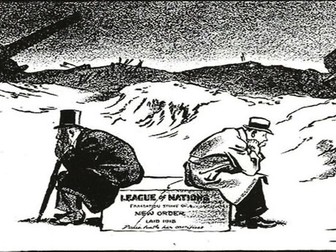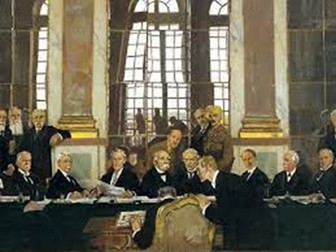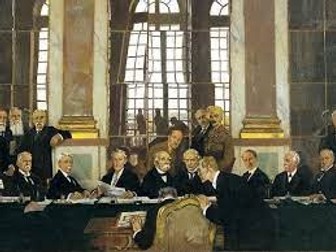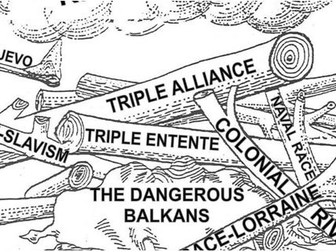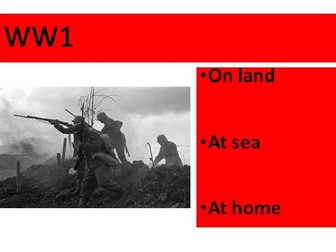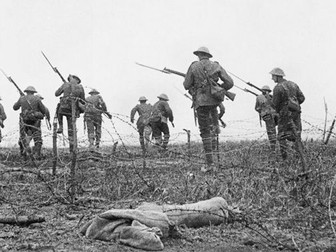
The Nazis Rise to Power
A wide-ranging collection of 8 purposeful lessons covering the Nazis rise to power. They include PowerPoints and supportive materials. These lessons enable all students to maximise their potential by raising key questions and presenting focused thought-provoking exercises. They will also enable students to develop a range of essential skills.
Who was Adolf Hitler? – An exercise that ties Hitler’s experiences to Nazi policies.
Characteristics of the Nazi Party – A task that ties the Nazi Party’s Twenty-Five Point Programme to an analytical framework.
The Development of the Nazi Party - A nice little group exercise that can be made competitive and fun.
The Nazi Party: an election winning machine - An exercise that sets out to encourage a focus on what was important about the way the Nazis organised for electoral success.
The Nazi Vote - An exercise, with a focus on potential questions, to consolidate what your class has learned about who voted for the Nazis.
Gleichshaltung - Two exercises that encourage an analysis of Gleichshaltung
The Night of the Long Knives – A fun way to look at what happened as well as the reasons for it.
A Fire, a Decree and an Act - An exercise that encourages linkage, good explanations and shows how knowledge can be applied to potential exam questions.
